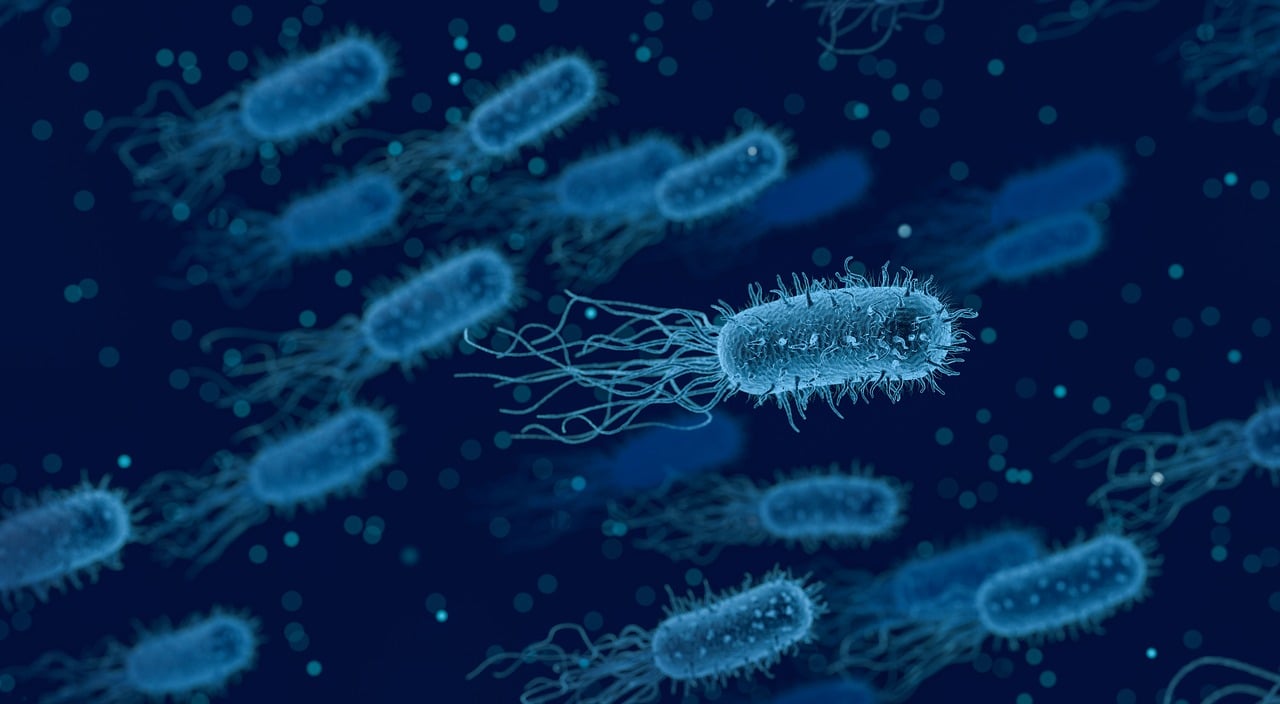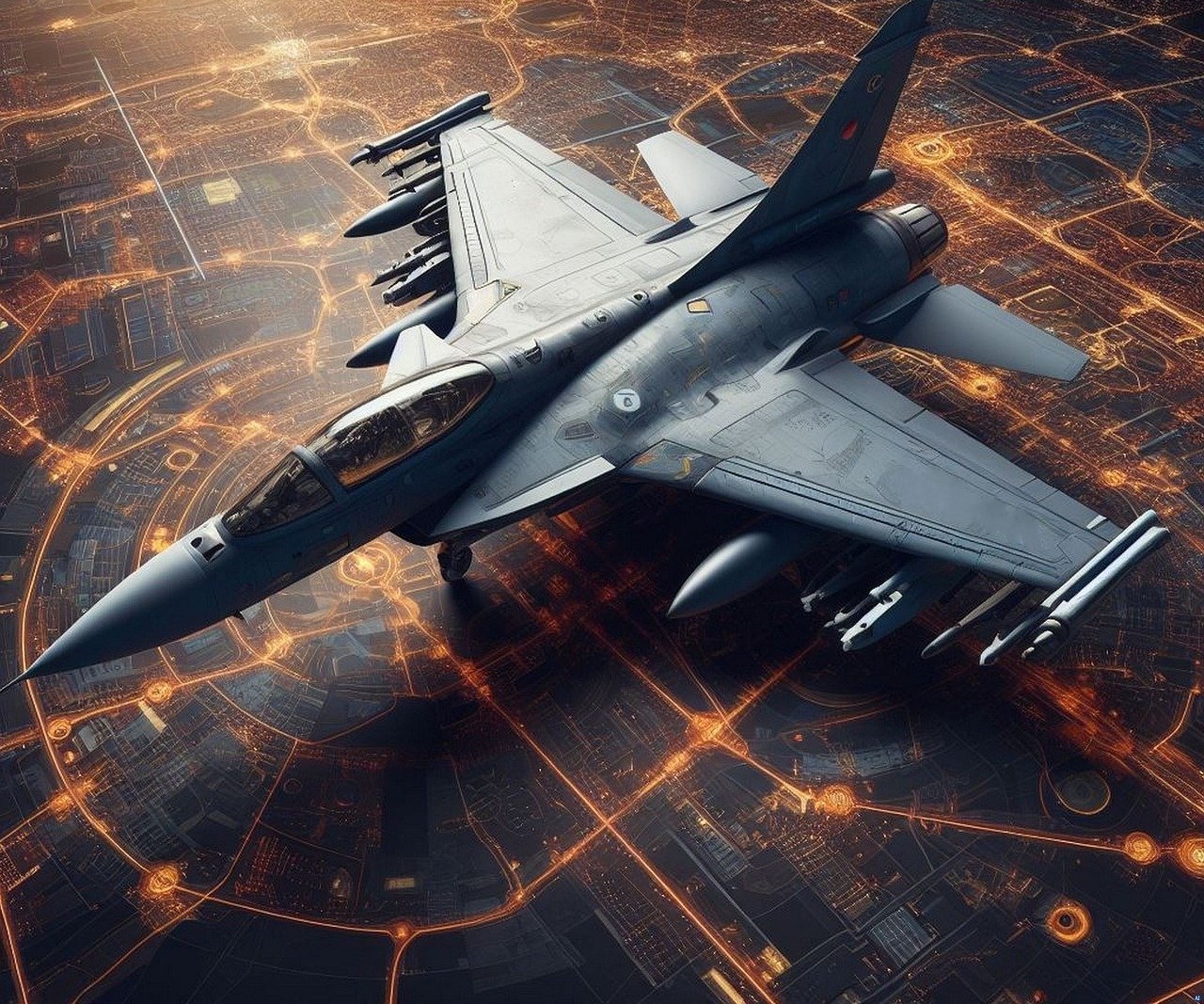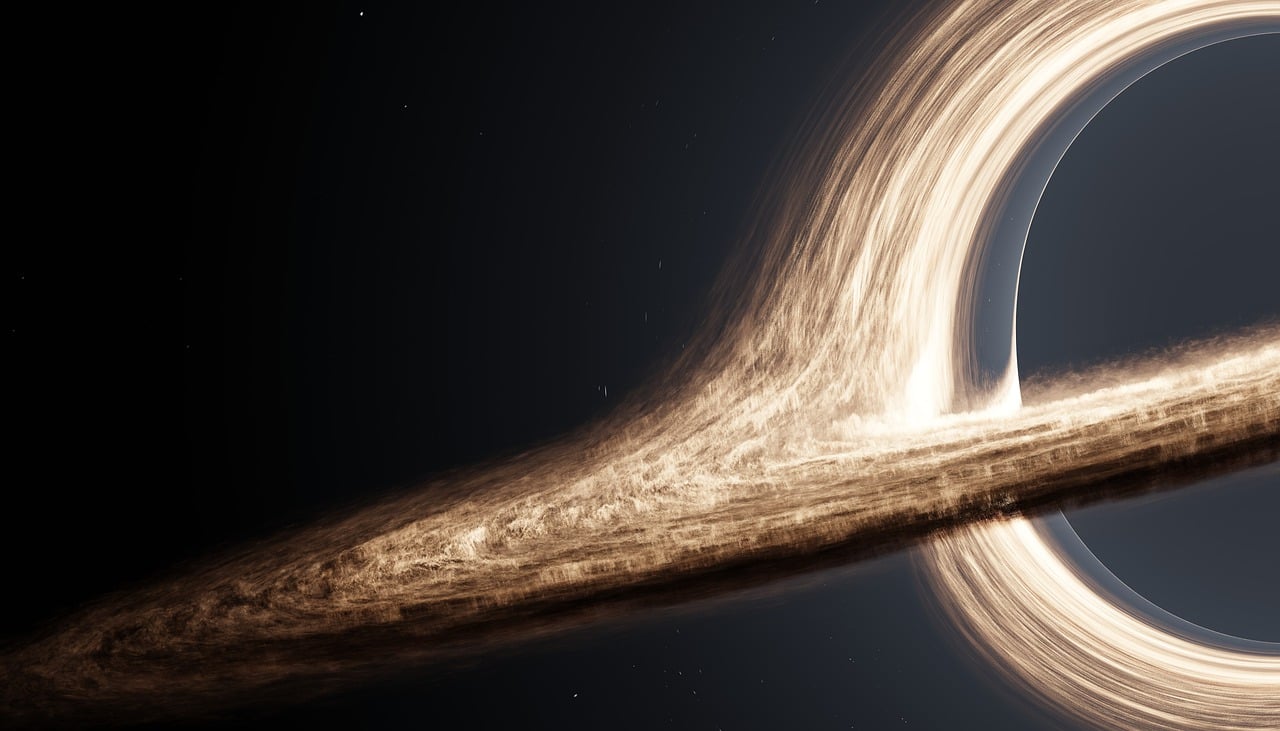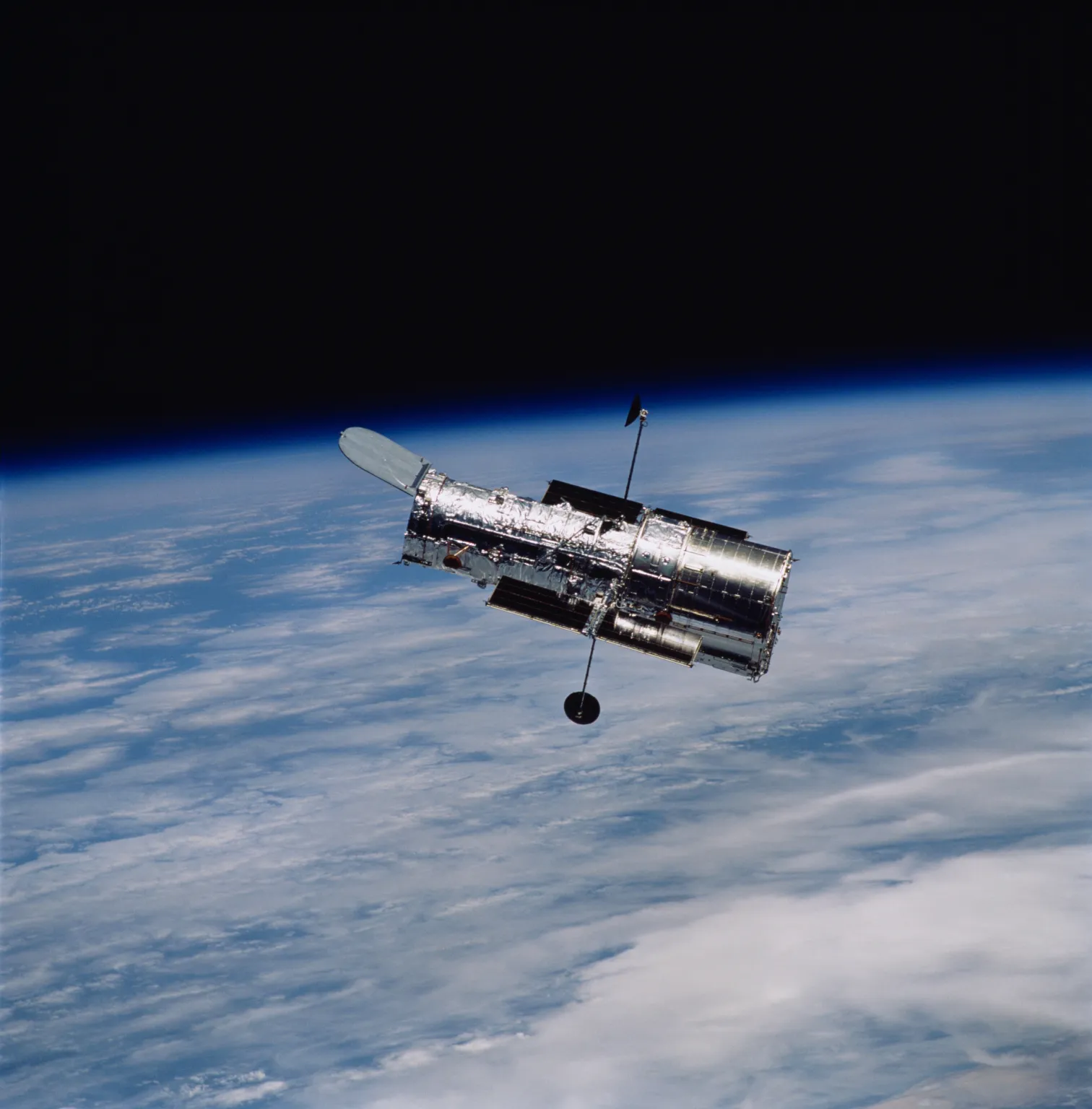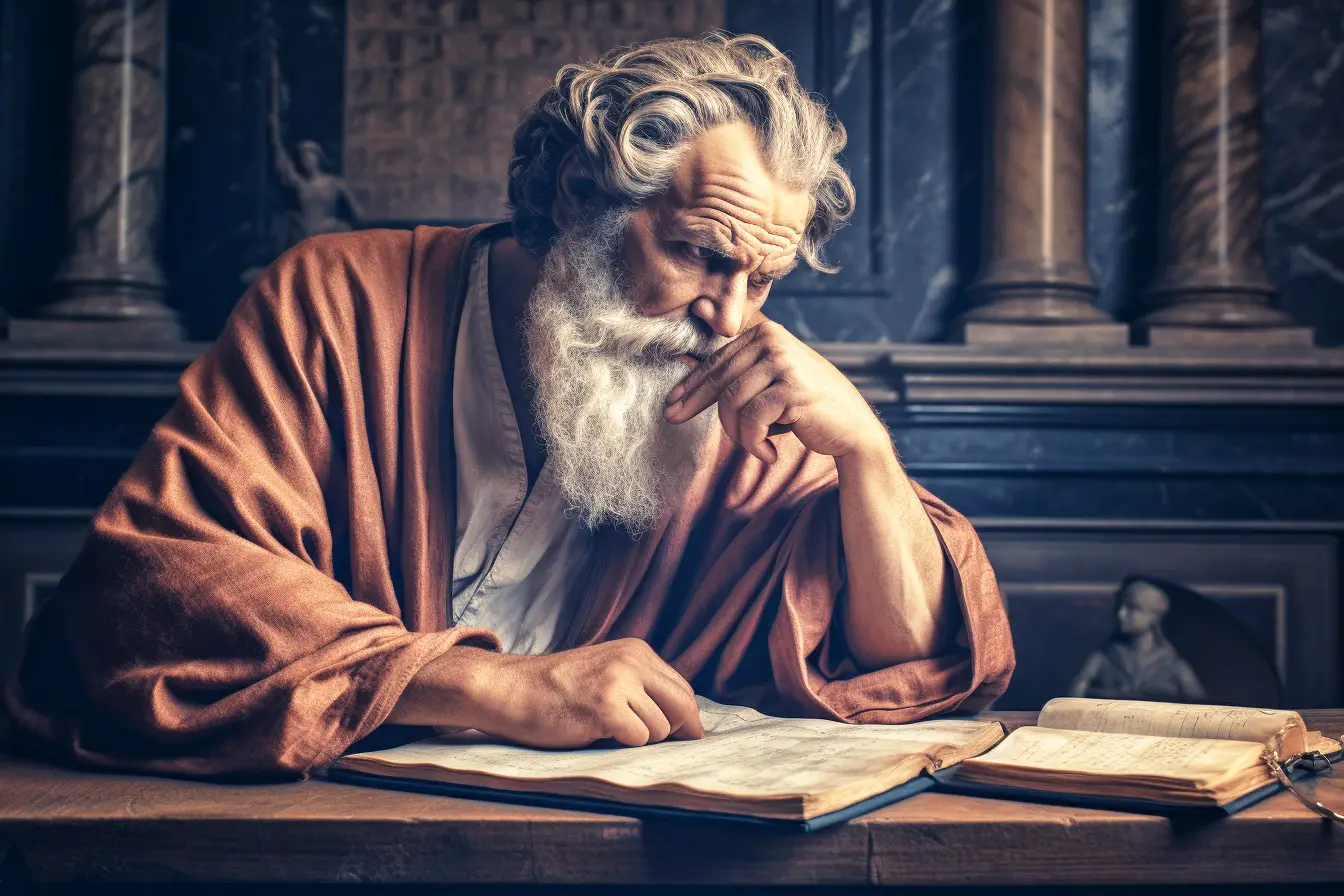Islam and Science: A Legacy of Knowledge and Discovery
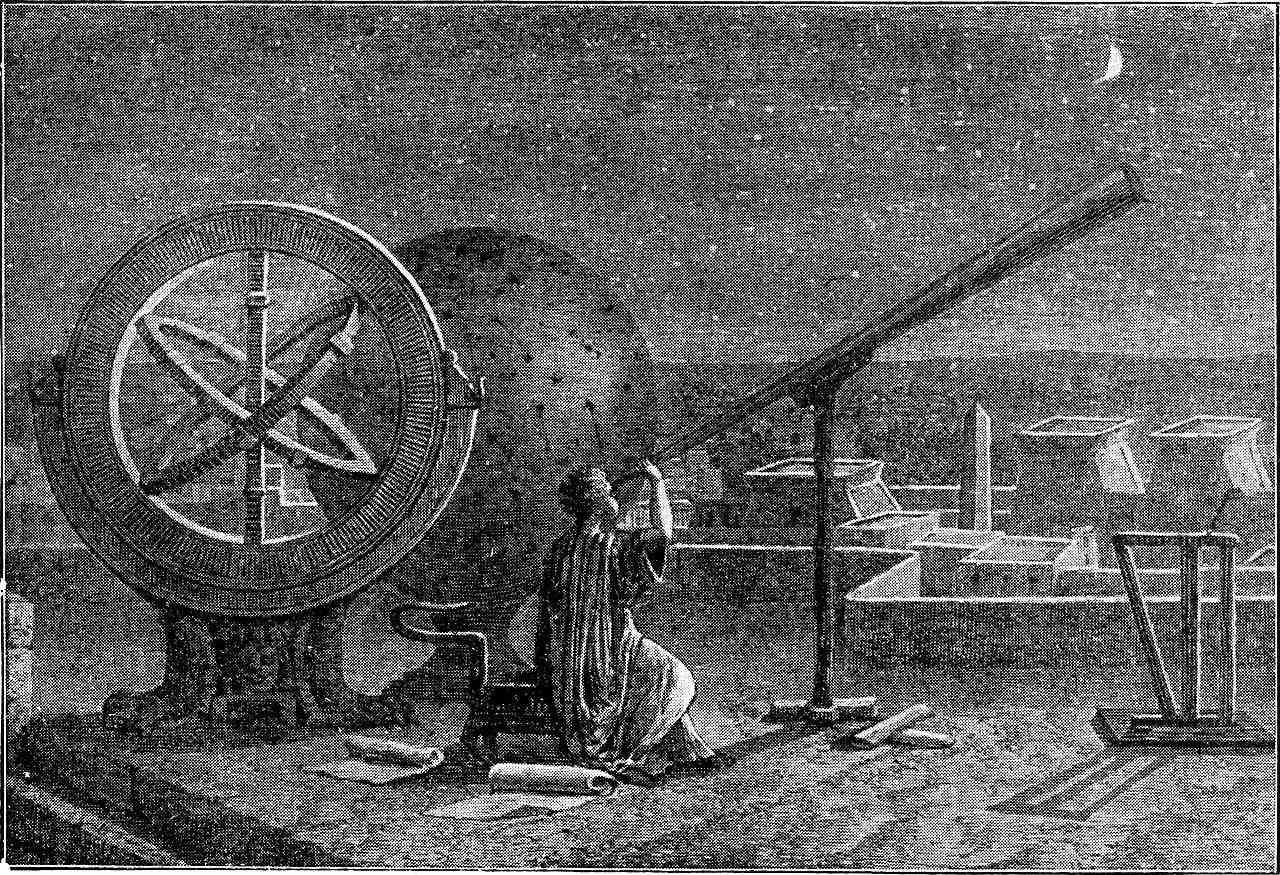
Islam and science have shared a profound and enduring relationship that has spanned centuries and shaped civilizations. From the Golden Age of Islam to modern-day discourse on science and religion, this connection reflects historical achievements and contemporary challenges. This article delves deeper into the Islamic world’s rich scientific legacy, the deep roots of scientific inquiry within Islamic thought, and the ongoing dialogue between Islam and science, inviting you to be part of this enduring connection.
A Glorious Legacy: The Islamic Golden Age
The Islamic Golden Age, spanning from the 8th to the 14th centuries, was a period of intellectual and cultural flourishing in the Islamic world. Muslim scholars made groundbreaking contributions to fields such as mathematics, astronomy, medicine, and chemistry. These advancements were not merely technical feats; they were driven by the belief in pursuing knowledge as a divine virtue.
The House of Wisdom in Baghdad, established in the 9th century, was a center of learning where scholars from diverse cultures expanded human understanding. They translated, studied, and built upon the knowledge of ancient civilizations—Greek, Persian, Indian, and beyond—creating a synthesis that laid the foundations for modern sciences.
Mathematics
One of the most celebrated figures of this era is Al-Khwarizmi, whose work in algebra (from the Arabic word "al-jabr") revolutionized the field. His treatise, Kitab al-Mukhtasar fi Hisab al-Jabr wal-Muqabala, became a foundational reference in both the Islamic world and Europe, shaping mathematics for centuries.
Astronomy
Astronomy flourished in the Islamic world, driven by religious and practical needs such as determining the direction of Mecca for prayer. Scholars like Al-Battani refined calculations of the solar year, while Al-Zarqali innovated the astrolabe, advancing the science of astronomy.
Medicine
Islamic scholars transformed the field of medicine. Avicenna (Ibn Sina) wrote The Canon of Medicine, a comprehensive encyclopedia that became a standard reference in Europe for centuries. Islamic physicians also pioneered surgical techniques, pharmacology, and disease study.
Chemistry
The field of chemistry, known as "alchemy" during this time, saw significant advancements. Jabir ibn Hayyan, called the "father of chemistry," introduced experimental methods that influenced both Islamic and European science.
The Islamic Ethos: Knowledge as a Divine Mandate
The pursuit of knowledge is deeply embedded in Islamic thought, regarded as both a noble endeavor and a religious duty. The Quran encourages believers to reflect, question, and learn, with verses such as:
"Read in the name of your Lord who created—Created man from a clot of congealed blood. Read, and your Lord is Most Generous—Who taught by the pen—Taught man that which he knew not" (Quran 96:1-5).
The Hadith, or sayings of the Prophet Muhammad, further emphasize the significance of knowledge. One Hadith declares, "Seeking knowledge is an obligation upon every Muslim." This ethos elevated scholars to a revered status in Islamic society, leading to the establishment of numerous educational institutions across the Islamic empire.
Contrary to the perception of a conflict between science and religion, Islamic thought views them as complementary. The concept of Tawhid (the oneness of God) underpins this worldview, asserting that all knowledge—scientific and religious—emanates from a single divine source. This principle encourages the study of the natural world as a means of understanding the divine, fostering a culture of scientific inquiry.
The Modern Era: Challenges and Revival
In the modern era, the relationship between Islam and science has faced challenges shaped by colonialism, globalization, and modernity. The decline in scientific output in the Muslim world after the 14th century coincided with political and social upheavals. However, the foundational principles of Islamic thought that once fostered a thriving scientific culture remain alive, providing the basis for a revival.
Today, there is a growing movement within the Islamic world to revive the spirit of inquiry and innovation. New institutions, conferences, and publications are exploring the intersection of Islam and science, reflecting a renewed interest in harmonizing religious beliefs with modern scientific advancements.
Biotechnology and Ethics
Contemporary discussions include the ethical implications of emerging technologies such as biotechnology. Issues like genetic modification, cloning, and stem cell research are being examined through Islamic ethical frameworks that prioritize the sanctity of life.
Environmental Stewardship
Islamic teachings on environmental science emphasize humanity’s role as stewards of the Earth. In response to global environmental challenges, Islamic scholars are advocating for sustainable practices that reflect these ethical imperatives.
Science Education
Efforts to enhance science education in Muslim-majority countries aim to produce a new generation of scientists who are skilled in their fields and rooted in their religious and cultural heritage, bridging the gap between tradition and modernity.
Conclusion: A Legacy of Knowledge, A Future of Discovery
The Islamic world's historical contributions to science are a testament to its rich intellectual heritage. As the Muslim world navigates the challenges and opportunities of the modern era, there is a growing recognition of the need to revive the spirit of inquiry and innovation that once defined Islamic civilization.
By fostering a dialogue between Islamic ethics and modern scientific advancements, the Muslim world has the potential to contribute significantly to global science while staying true to its religious and cultural values. The legacy of Islam and science is not just a story of the past but a continuing journey toward understanding, discovery, and the pursuit of knowledge.
Similar Post You May Like
-
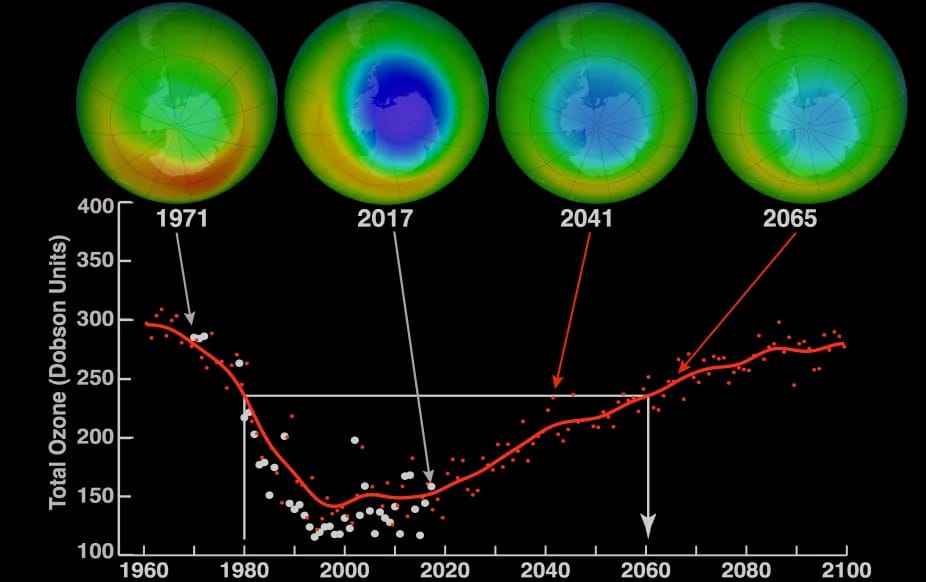
CFCs, HFCs and their long, troubled history
At its peak, the ozone hole covered an area 7 times larger than the size of Europe, around 29.9 million km2, and was rapidly expanding
-
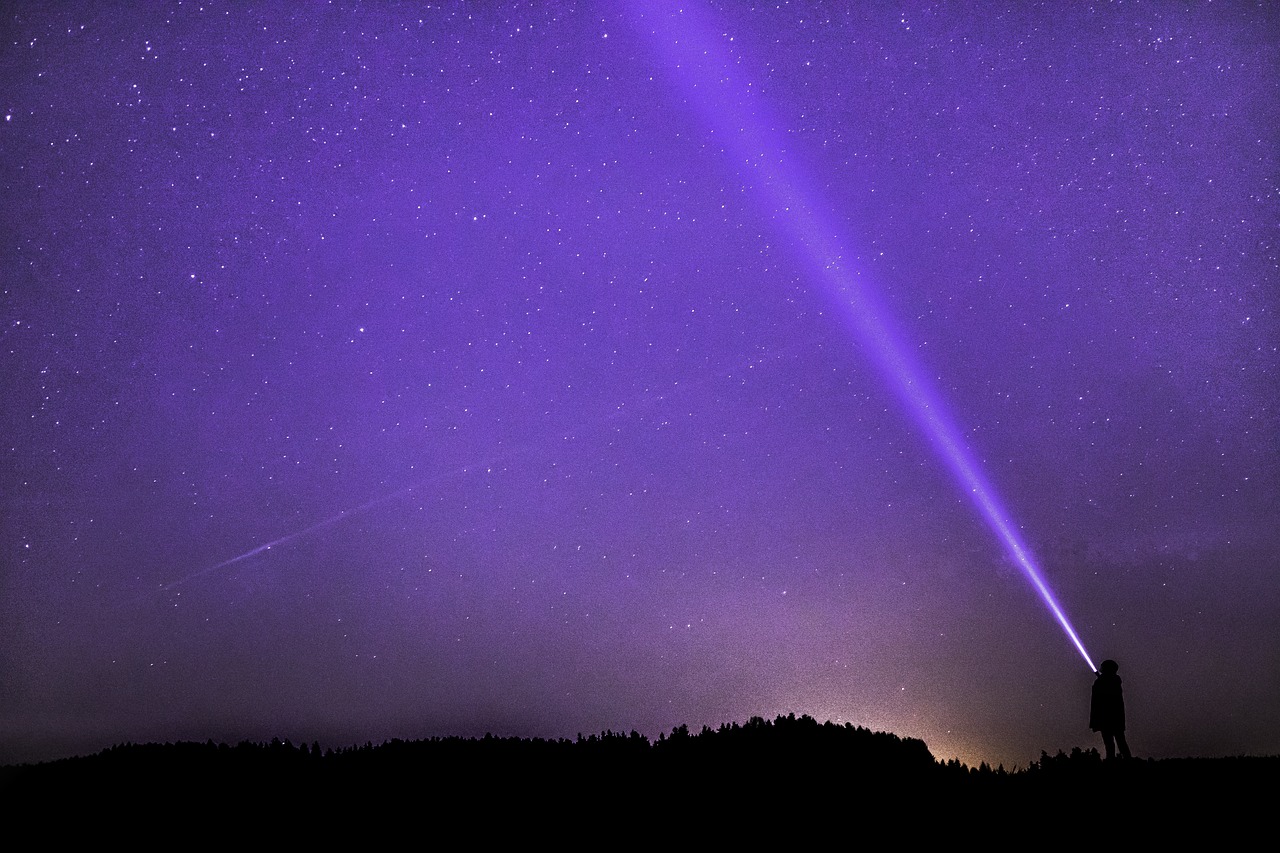
The Origin of Universe: Deciding point where it all began!
Let us unravel and surf through the ideas throughout ages to understand what the universe and its origin itself was to its inhabitants across history.
-

The Artemis Program
Inspired by the Greek goddess of the Moon, twin sister to Apollo, the artimis program was named on 14 May 2019 by Jim Bridenstine.

